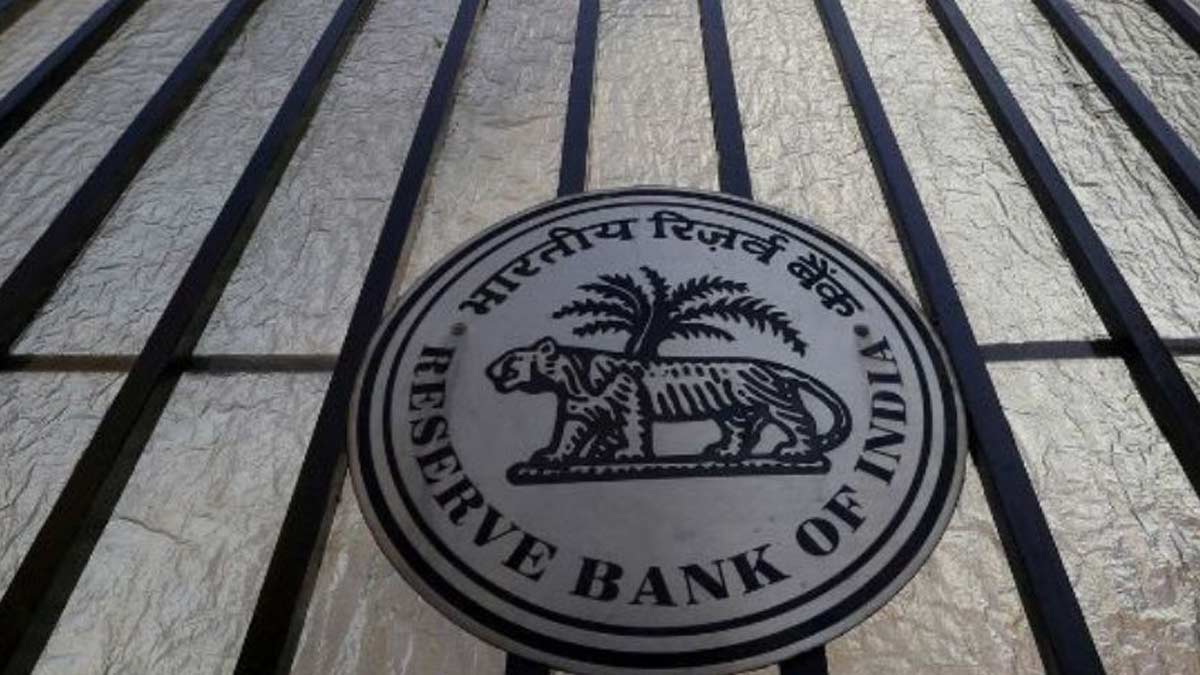The Reserve Bank of India (RBI) barred four non-banking finance companies (NBFCs), including two microfinance institutions (MFIs), from sanctioning and disbursing loans for charging exorbitant interest rates to borrowers. The four entities were Asirvad Microfinance, Arohan Financial Services, DMI Finance, and Flipkart co-founder Sachin Bansal’s Navi Finserv.
Navi Finserv offers home and personal loans, while DMI Finance provides micro, small, and medium enterprise loans as well as personal and consumer loans.
ALSO READ: RBI pitches for reducing cost time of cross-border remittances
Besides usurious pricing, RBI found these NBFCs non-compliant with regulatory guidelines on assessing household income and considering borrowers’ existing and proposed monthly repayment obligations. “Deviations were also observed with respect to income recognition and asset classification norms, resulting in evergreening of loans, conduct of gold loan portfolio, mandated disclosure requirements on interest rates and fees, outsourcing of core financial services...,” the country’s central bank said.
RBI clarified that these NBFCs could continue servicing existing customers and manage collections and recoveries. The business restrictions would be reviewed once the companies confirm they took suitable remedial measures to comply with pricing policies, risk management, customer service, and grievance redressal guidelines.
ALSO READ: MSMEs continue their recovery post-pandemic
Market experts told THE WEEK that the steps from RBI would serve as a warning to such NBFCs and MFIs who indulge in predatory pricing and charging exorbitant interest rates from customers. “RBI has recently been very vigilant about malpractices in this space, particularly where MFIs are busy charging exorbitant interest rates. It has issued multiple warnings, and this action is no surprise,” said SEBI-registered investment advisor Gaurav Goel.
“Such exorbitant pricing leads to more defaults and is counterproductive from a larger perspective. We believe in the long haul this action would be positive for the hygiene of Indian financial institutions and for safeguarding the interests of the common people,” added Goel.
Many other experts felt that such a move would significantly impact the co-lending space as the central body tightens controls over NBFCs. Co-lending allows NBFCs and banks to partner and combine their strengths in risk-taking, regulatory compliance, and customer reach. The regulations, though restrictive, also encourage responsible lending and ensure that NBFCs maintain transparency and avoid reckless lending practices.
“We see this regulatory shift as a positive move, as it enhances the credibility of the sector. By weeding out weaker players, the regulations are creating space for more responsible players in the NBFC sector to thrive,” Rupee122 founder Vikkas Goyal pointed out.
“The future of co-lending in the NBFC space will be marked by stronger partnerships, stricter risk assessment, and more robust operational frameworks to maintain regulatory compliance while continuing to serve a growing customer base,” said Goyal.
Few stakeholders felt that such a move by RBI presents both challenges and opportunities in the co-lending space. With RBI regulations now focusing on curbing the lending capabilities of certain NBFCs, the co-lending space is likely to see more stringent governance, especially in areas like credit assessment and disbursal criteria, they said.
“We believe that the future of co-lending will shift toward enhanced accountability and better risk management practices. By adhering strictly to these evolving regulations, NBFCs can foster greater trust within the financial ecosystem. These regulatory measures, while initially restrictive, could create a more resilient and transparent lending environment that benefits both borrowers and lenders in the long term,” observed Amit Bansal, founder of BharatLoan.
Borrower credit sanctions need more checks and balances
Through such a move, RBI continues to believe that the fintech originator and the co-lending partner (balance sheet provider) should both evaluate the borrower’s credit, and every sanction has to pass through the credit team. In an attempt to approve loans instantly, the co-lending partner ends up relying a lot on the originator for assessment. As a result, the credit analysis that the balance sheet provider should ideally perform has become less stringent. “This [RBI] circular would begin to exert pressure on the originator to keep the firm running, looking for liability, leading to a gradual shift towards partnerships with private and public banks,” said Nirav Shah, MD of Investment Banking at Equirus.
The circular reflects the RBI’s broader agenda to ensure responsible lending practices in the financial sector. As the microfinance sector grows, regulatory scrutiny is likely to intensify, pushing institutions to adopt fairer and more transparent lending practices.
“The primary concern appears to be the excessive Weighted Average Lending Rate (WALR) and interest spreads over their cost of funds. At the same time, the NBFCs are reported to have deviated from the Fair Practices Code and regulatory guidelines concerning the assessment of household income and repayment obligations,” remarked Raiyan Kazi, business head of TransBnk, a digital transaction-banking platform.
“The co-lending market is expected to see a drop in volumes in segments with relatively higher FLDG as the industry adjusts to the new normal. However, the sector’s growth potential remains, driven by the increasing demand for financial services and the role of NBFCs in broadening access to finance,” added Kazi.
Yesterday, one of the affected firms, Asirvad Microfinance, issued a media statement acknowledging RBI’s circular. “This matter has been immediately brought to the notice of the board, and a meeting has been convened to take immediate action. The board has reiterated its unwavering commitment to implement RBI’s direction in letter and spirit and monitor the corrective action in a time-bound plan,” the statement read.



